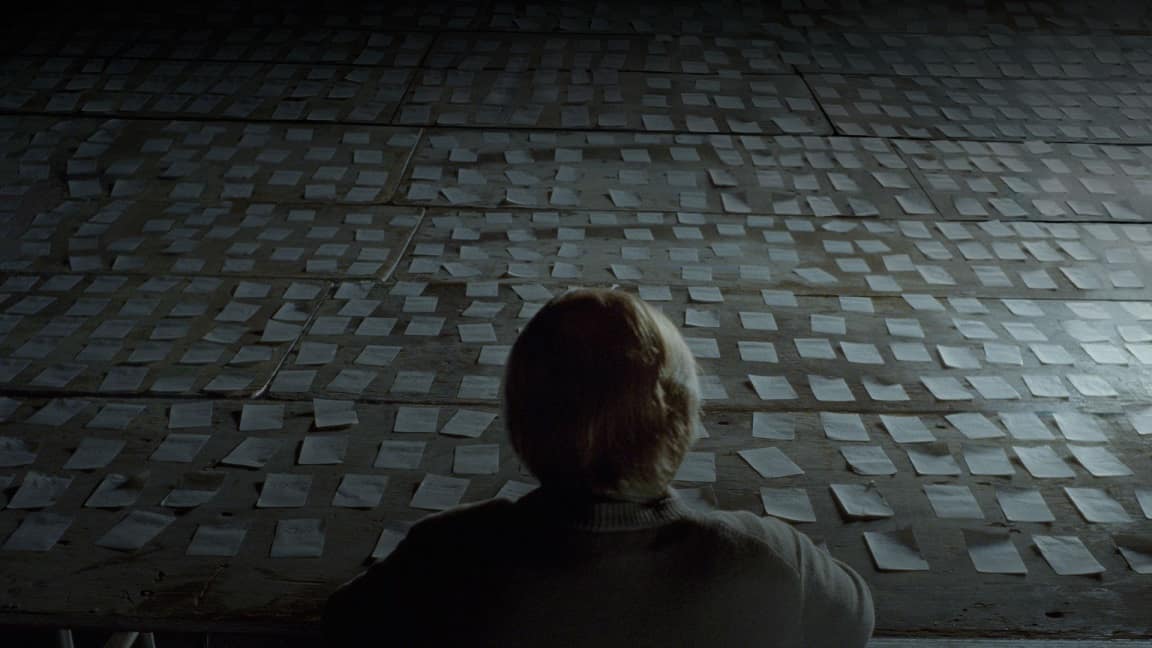
Sidney Kimmel Entertainment
 |
| Photo
© 2008 Sony Pictures Classics / Sidney Kimmel Entertainment |
| Awards: | |
| Independent Spirit Awards: Best First Feature; Robert Altman Award (Best Ensemble Cast) | |
| Los Angeles Film Critics Circle: Best Production Design (Mark Friedberg) | |
| Permalink | Home | 2008 | ABC |